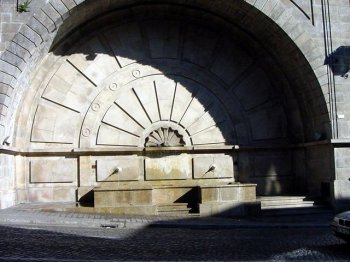Explore the best places
Monuments in Porto
Farol da Senhora da Luz
- heritage
Rua do Farol - Casa do Farol
4150-455, Porto
Small lighthouse tower, with a hexagonal drawing, two floors and 5m height. The access to the first floor, the main one, where the warning lights were sent to navigation, is done through a small, steep stone stairs on the outside, with iron defences. It is also called Farol da Luz or Farol da Senhora da Luz.
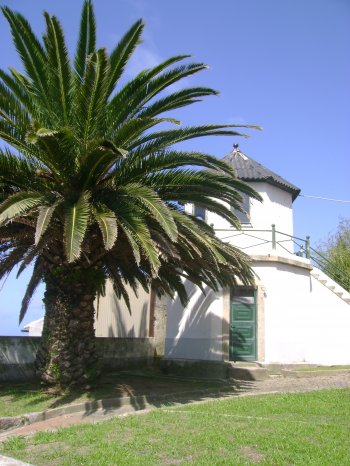
Muro dos Bacalhoeiros
- heritage
Muro dos Bacalhoeiros
4050, Porto
It is the Fernandina Wall continuation and one of the best spots to get an amazing view over the Douro sides.

Muralha Primitiva do Porto
- heritage
Calçada de Vandoma
4050-620, Porto
There are still, in some points of the historic centre, remains of the Primitive Wall, which remounts to the year 400. This wall had four doors or entrances. The main door was the Vandoma Arch that was east of the borough, between the Largo da Sé and the Rua Chã. From here, the wall surrounded the hill following closely the Escadas das Verdades (stairs), where the Mentiras Arch or Door used to be.

Muralha Fernandina
- heritage
Escadas do Caminho Novo, 17
4050-431, Porto
The Porto city had, along its history, at least two lines of walls, one Romanic and the other Gothic. From the Gothic wall, built between 1336 and 1376, known as Muralha Fernandina there are few visible remains.
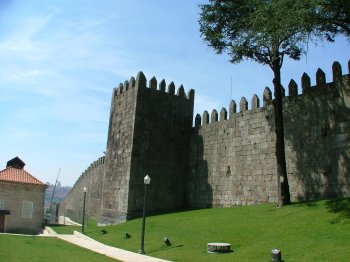
Igreja de Santo António dos Congregados
- heritage
Rua de Sá da Bandeira, 11
4000-433, Porto
Built at the end of the XVII century, on the place where a chapel devoted to Santo António used to be, the Congregados church has a sober façade decorated, in the XX century, with azulejos (tiles) by Jorge Colaço. At the walls you can see mural paintings by Acácio Lino, representing scenes from Santo António life, work done in 1927.

Igreja da Ordem do Terço
- heritage
Rua de Cimo de Vila, 36
4000-170, Porto
Built on the second half of the XVIII century, it was made in honour of Nossa Senhora do Terço, whose image was, until then, venerated in an oratory placed near the present church. On the main façade, the central window shaped as an aureole stands out.
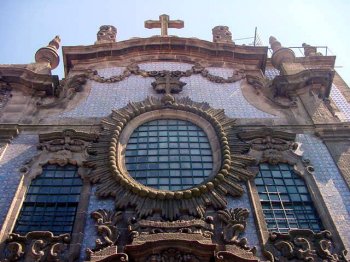
Igreja dos Carmelitas Descalços
- heritage
Rua do Carmo, 1
4050-164, Porto
Built between 1619 and 1628, it forms a unique body with the Carmo Church. Without exterior greatness, it has an austere baroque style. In the XIX century, the Municipal Guard, present GNR, was installed at the annexed convent. It has a simple façade, belonging to the ancient convent of the Carmelitas Descalças.
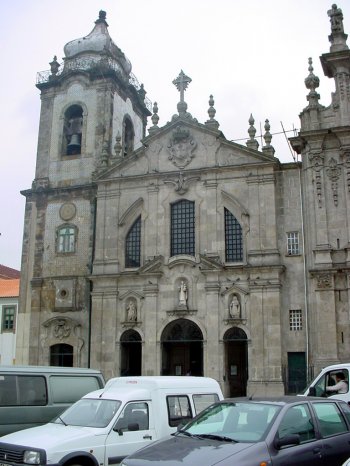
Igreja do Carmo
- heritage
Rua do Carmo
4050-164, Porto
Planned by the architect José de Figueiredo Seixas, this church, built between 1756 and 1768, clearly differs, by its exuberance and majesty, from the neighbour Carmelitas Church. We point out the grand azulejos panel that covers the lateral façade, by the Italian Silvestre Silvestri.
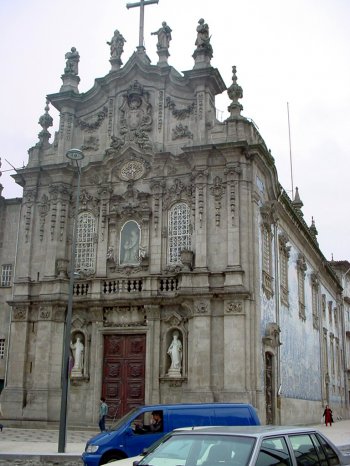
Fonte da Avenida dos Aliados
- heritage
Avenida dos Aliados
4000, Porto
Stone construction of limestone and marble. The water springs from four carrancas, fixed on the four sides of the pedestal. It sits in a curved position, a female figure. The design and sculpture are by Henrique Moreira.
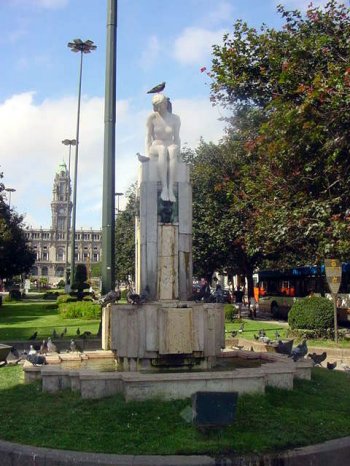
Fonte Mouzinho da Silveira
- heritage
Rua Mouzinho da Silveira
4000, Porto
This fountain has a curious history. First it was demolished to give room to two commercial establishments. To replace the fountain, the City council puts a small stone chafariz. Years later, the establishments disappeared and the fountain was rebuilt with its original form. This granite fountain has a shell on the centre and, at the tank tips, two ajutages.
